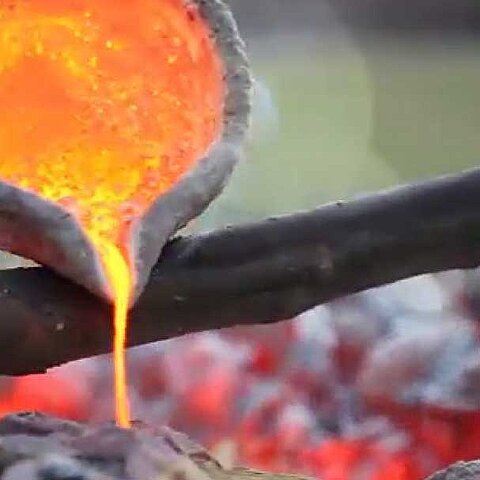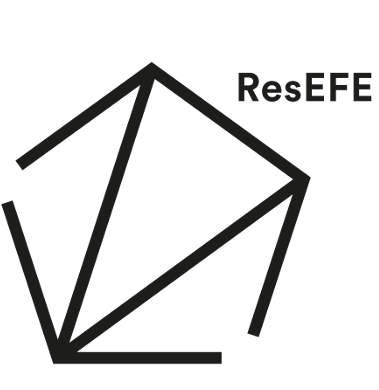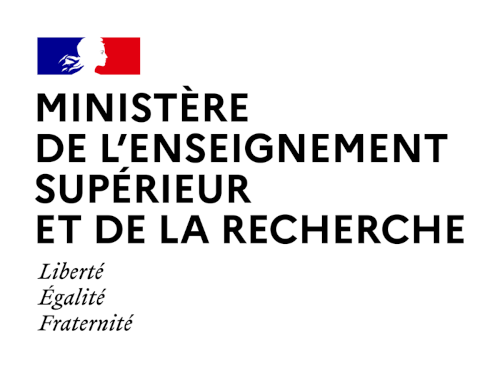Scientific coordination : Dirce Marzoli (DAI-Madrid), Laurent Callegarin (Casa de Velázquez, Madrid)
Logistical Coordination: Oriane Bourgeon (Casa de Velázquez, Madrid)
Organisation : Deutsches Archäologisches Institut (Madrid), École des hautes études hispaniques et ibériques (Casa de Velázquez, Madrid)
Date: Du 5 au 9 juin 2017
Venues: Madrid / Deutsches Archäologisches Institut – Casa de Velázquez
Number of places: 15
Registrations until April 1st 2017 through the online form.
Presentation
The doctoral workshop is organized in the context of the scientific collaboration that for ten years now, involves the German Archaeology’s Institute from Madrid and l’École des hautes études hispaniques et ibériques (Casa de Velázquez, Madrid), permitting young investigators to benefit from an area for exchanges.
The theme of this new session focuses on the exploitation of natural resources during the Ancient times. The relationship between the history of humanity and its natural environment is an important theme in archaeological research.
This workshop will be especially interested in the period between the 1st millennium BC and the 3rd century AD in a geographic area that includes Central and Southern Europe, as well as the Maghreb. The results of interdisciplinary research will confront to better understand the phenomenon of economical, social, political and ecological development, in relation to the exploitation of natural resources in Antiquity.
The case studies will be particularly discussed through Geoarchaeology, Bioarcheology and Archaeometry. The presentation of the workshop is intentionally open in order to promote an interdisciplinary and diachronic dialogue.
Selected thematic fields are varied:
- reconstitution of the paleoenvironments and the paleoeconomy of a site, from the convergence of disciplinary approaches, from the archaeological area and the natural sciences. attempts to rebuild agricultural and food heritage from archeobotanical studies.
- the actions and the technological solutions found by different human societies for access to natural resources and to use them in their economy.
- the provenance and trade of natural resources, raw or transformed, through the archaeological evidences (workshops, artefacts, ecofacts, amphorae, bars...).
- the impact of the exploitation of natural resources on the landscape (archaeogeography) and forms of life.
The purpose of this workshop is to raise a scientific and methodological thoughts about the exploitation of natural resources in Antiquity. This workshop is especially dedicated to doctoral students in history, archaeology and natural sciences, from universities and research centers in Europe and Maghreb.
In addition, through a multidisciplinary approach, it aims to create an area for exchanges, experiences and analysis of the investigation practices in many different geographical contexts.
This way, each participant will have the opportunity to become actively involved in the enrichment of the exchanges presenting their doctoral research, working as a group and participating in a collective though, with the support of prestigious international experienced people.
The workshop will take place alternately at the Deutsches Archaologisches Institut, and at the Casa de Velázquez; we will also have the opportunity to visit the laboratory of archaeometry of the Autonomous University of Madrid.
Practical working conditions
There is no registration fee. The candidates will have to fill out the on line registration form before April 1st 2017 (midnight). The coordinators will inform them by mail on April 7th whether or not they are accepted.
La Casa de Velázquez will accommodate the 15 retained candidates from 4 to 9 June, offering (to those who don’t live in Madrid) an accommodation in a sharing double room, breakfast, lunch and visits. Travelling expenses and dinners are to be paid by the participants.
La Casa de Velázquez and the DAI-Madrid offer 3 scholarships of 350 each one to students who are enrolled in a higher educational establishment of the Maghreb.
Languages used: spanish, french, german, english, portuguese and italian.














